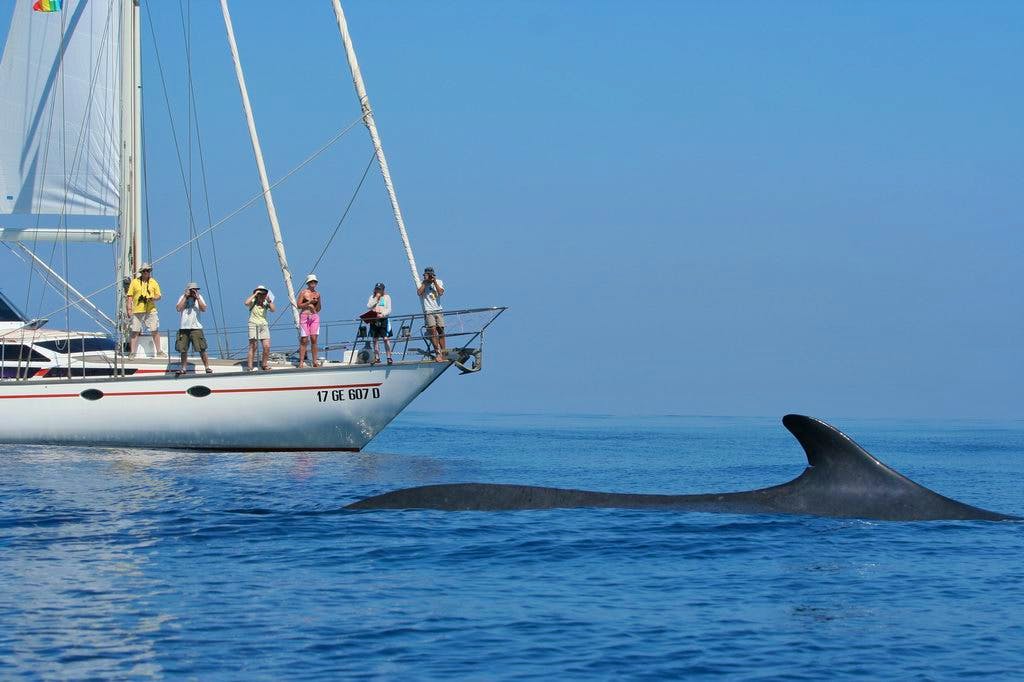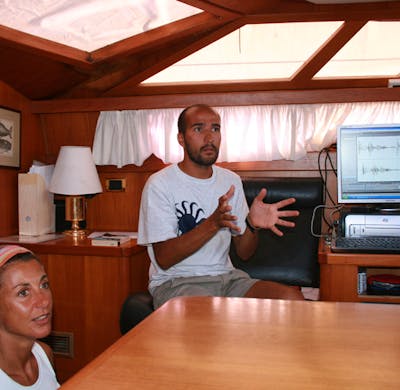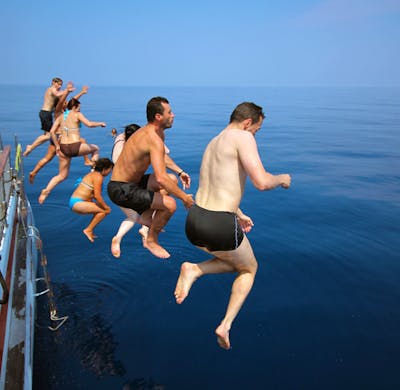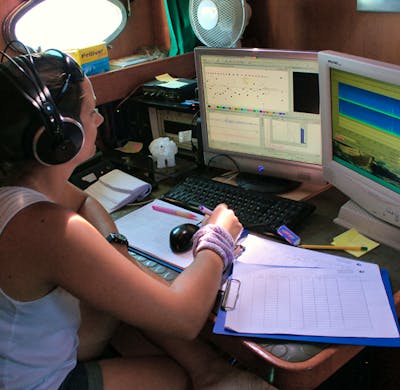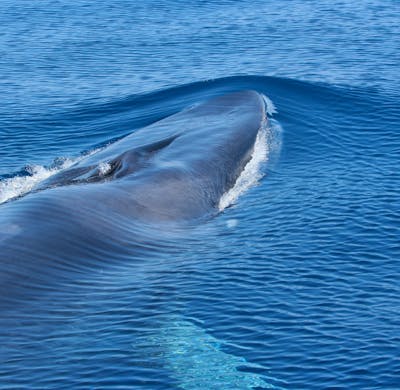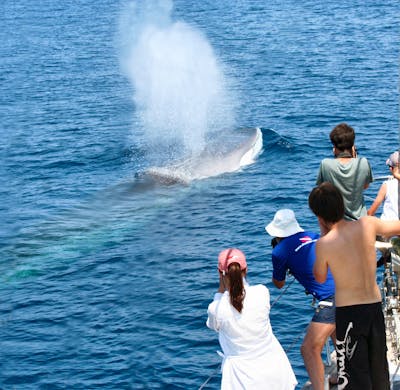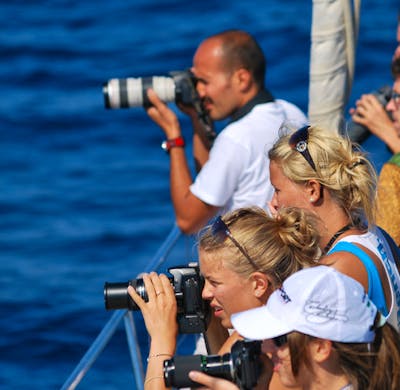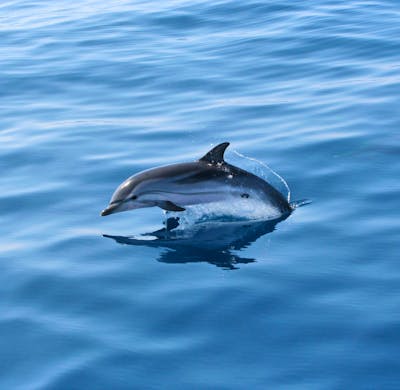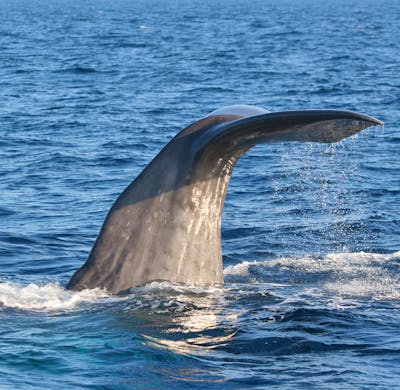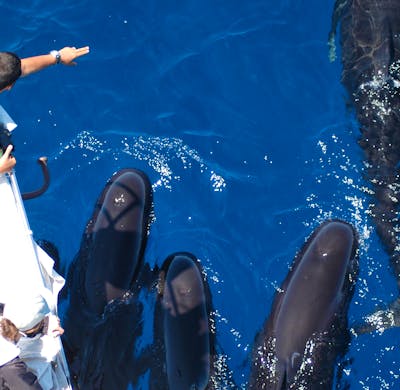2017 at Coastal Dolphin Conservation
from 1,235€
Research Assistant for Cetacean Species
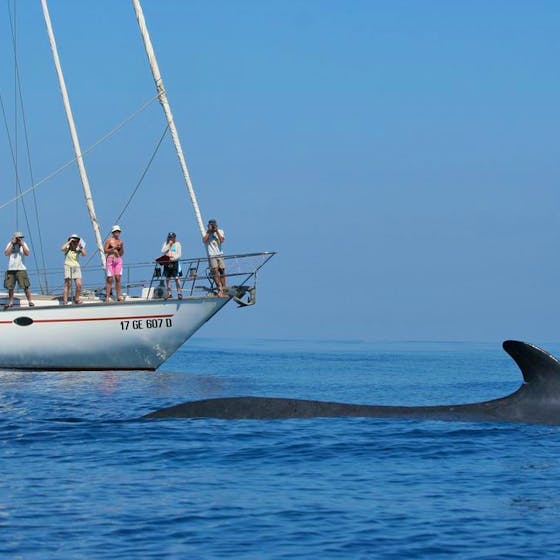
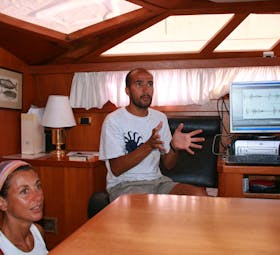
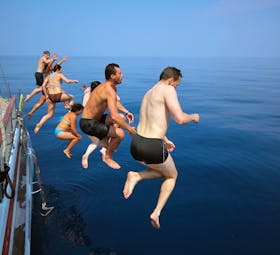
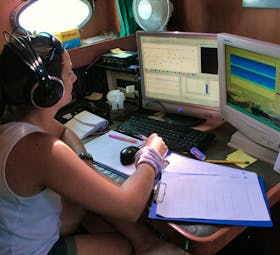
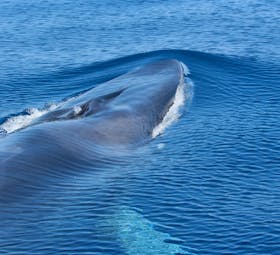
Highlights
- Join us on our long-term project focusing on the ecology, behaviour, feeding habits and conservation of the cetacean species.
- Be part in the conservation of our environment and help us to preserve our treasure!
- Gain experience in marine life conservation!
- Experience life in a vessel!
- Meet fellow volunteers from around the globe!
Especially suitable
About the program
FRom mid May to the end of September participants will be involved in the research on cetaceans living in the vessel "Pelagos sanctuary".
The Cetacean Sanctuary Research (CSR) — established in 1990 — is a long-term project focusing on the ecology, behaviour, feeding habits and conservation of the cetacean species living in the Pelagos Sanctuary. Eight different species of whales and dolphins live in the Pelagos Sanctuary in the ...
Typical day
In a typical day we wake-up between 7:00 and 8:00 AM, depending on circumstances. We will depart after breakfast and spend the day navigating and conducting research. Both researchers and participants will be assigned sighting shifts in order to ensure constant sighting effort. In some ...
Free-time activities
Requirements
What's Included
What's NOT included?
Details on arrival
Cruises take place between mid-May and the end of September each year.
Boarding on Monday around 6 pm and disembark on Sunday around 11 am.
Cruises available: 13 May, 20 May, 27 May NOT available, 3 Jun, 10 Jun, 17 Jun, 24 Jun, 1 Jul, 8 Jul, 15 Jul, 22 Jul, 29 Jul, 5 Aug, 12 aug, 19 Aug, 26 Aug, 02 Sep, 09 sep, 16 sep, 23 Sep, 30 Sep, 07 Oct, 14 Oct
The research season is from May to September during the sunny and warm Mediterranean summer when the whales arrives in the area for feeding.
Arrival on Monday afternoon and meeting on board the research boat, ice-breaking session, introduction to the project and presentation of all staff and team members, information about safety measures.
Tue-Sat: Visual and acoustic monitoring during navigation surveys in daylight hours; possible nights spent out at sea in favourable weather conditions; daily lectures.
Young people 16-17 y old can come alone but the parent have to fill and sign specific application forms for the parental consent.
Program fees
Meet your organization
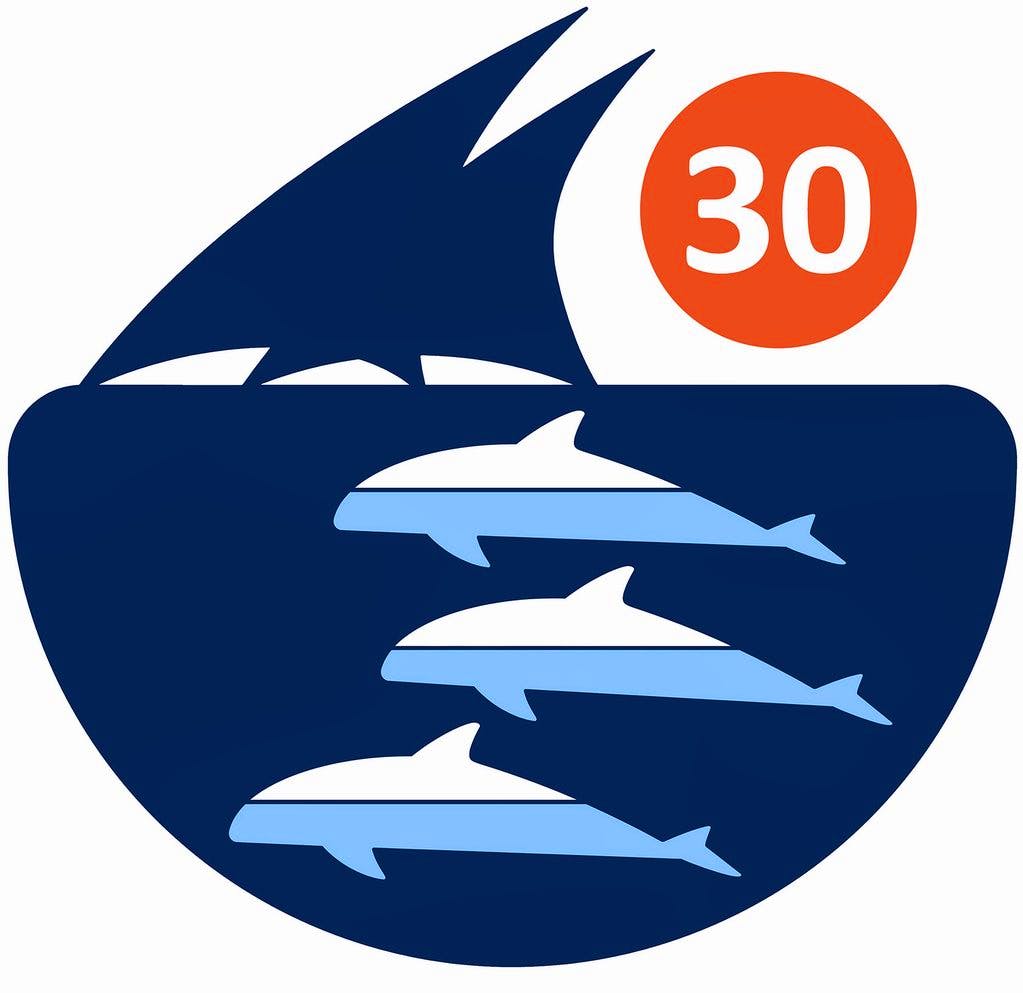
Tethys Research Institute
Non-profit - founded in 1991
Verified by Volunteer World
Coordinated by
Adriana
About the project
8 reviews ·  4.7
4.7
Location

You might also be interested in
-
Dolphin Conservation
Whale Conservation
Family Volunteering
50 Plus Volunteering
Animals in Europe
Couples
Group Volunteering
Best Volunteer Programs
Marine Big 5
Whale and Dolphin
Projects Abroad
Under 18s Volunteering
Marine Mammal
Voluntouring
Adults
Global Volunteer Opportunities
Mission Trips
Volunteer Trips for College Students
